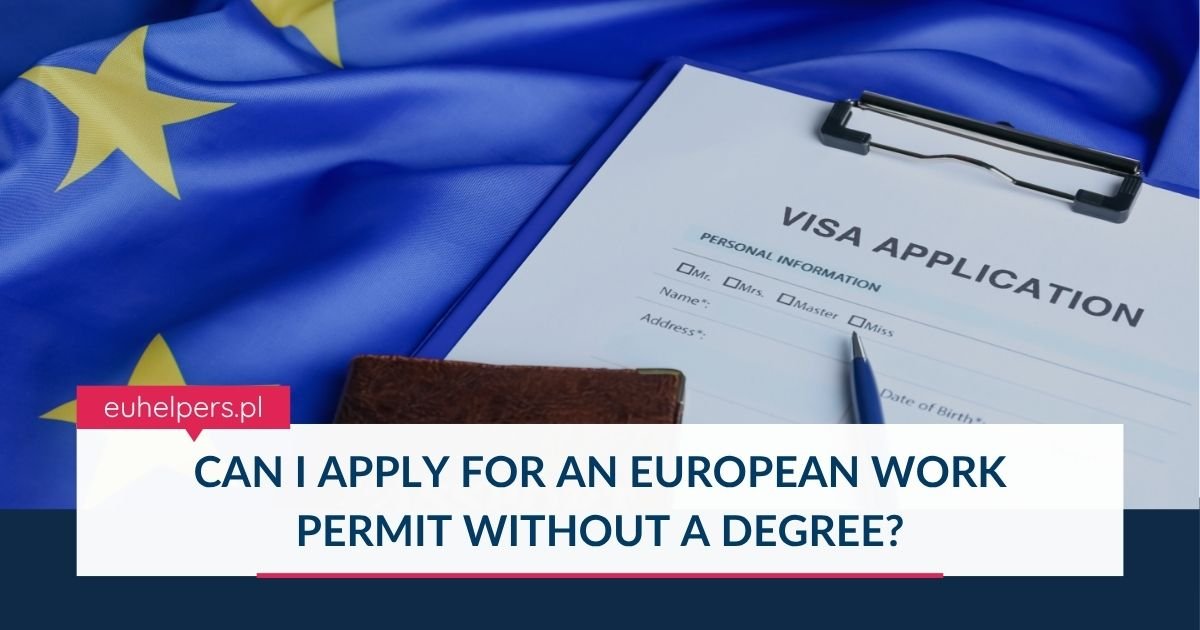Many professionals dream of working in Europe, but a common concern arises: Can you apply for a European work permit without having a university degree? The answer is yes, in certain cases—although it largely depends on the country, the type of work permit, and your professional skills or experience.
Do You Always Need a Degree for a European Work Permit?
No. While some permits such as the EU Blue Card require a recognized university degree and a job offer with a minimum salary threshold, not all European work permits are tied strictly to formal education. Many countries also issue work permits based on:
-
Professional skills and vocational training
-
Work experience in shortage occupations
-
Job offers in sectors with high demand
Countries Where a Degree Is Not Always Required
-
Germany
-
While the EU Blue Card requires a degree, Germany also issues Work Visas for Skilled Workers where vocational training or several years of experience in a relevant trade (IT, nursing, engineering, construction, etc.) may qualify.
-
The IT Specialist Visa is available without a degree if you have at least 3 years of relevant work experience.
-
-
Spain
-
Spain issues permits for seasonal workers, hospitality staff, and construction workers without requiring a university degree, as long as the employer can prove a labor shortage.
-
-
Netherlands
-
Some work permits are available for high-demand sectors (logistics, agriculture, and hospitality). Here, experience and employer sponsorship may be more important than education.
-
-
Portugal
-
Portugal’s work visa options are open to workers with vocational training or job offers in high-demand fields, making it possible to get a permit without a degree.
-
Alternatives for Non-Degree Holders
If you don’t have a degree but want to work in Europe, you can consider:
-
Vocational Training Routes – Completing a certified training program in Europe can make you eligible for work permits.
-
Work in Shortage Occupations – Healthcare assistants, construction workers, truck drivers, and IT technicians are in demand across Europe.
-
Temporary and Seasonal Work Permits – Countries like Italy, Spain, and France allow non-degree holders to apply for seasonal employment.
-
Entrepreneur/Startup Visas – If you have a business idea, several countries (Estonia, France, Netherlands) allow non-degree holders to apply for startup visas.
While a university degree increases your chances of securing a European work permit (especially for the EU Blue Card), it is not always mandatory. Many countries value work experience, skills, and vocational training just as much. If you can demonstrate expertise in a high-demand field and secure a job offer, you may still be eligible for a European work permit without a degree.

